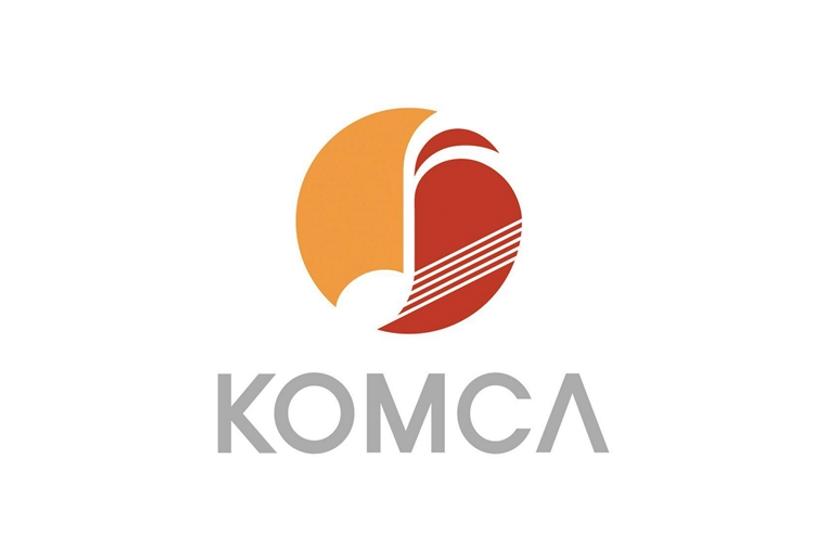KOMCA (Korea Music Copyright Association) now requires verification that music was created by humans in order to have it protected, helping to bolster the rights of musicians against AI use. This is a formal step for their stance that AI-generated music cannot be copyrighted.
The new measure, which went into effect on March 24, mandates songwriters to confirm they have 100 percent contributed to writing the song without using AI. The KMCA confirmed that the criteria for not using AI does refer to “0 percent contribution.”
“(Songwriters) are consenting to taking legal liability for any civic or criminal legal proceedings that may accompany false registration,” the group said, saying those who do not consent will have their registration put on hold.
Of course, the songwriters could simply lie. However, they will do so under threat of punishment.
If a song that was registered as not having used AI later is found to have used it, the group said it can implement measures such as postponing royalty payments or cancelling the registration.
They have already cancelled payments before, dating back to 2022.
The group said the new measure is in response to the possible legal issues related to AI-generated songs. Its stance has been that songs used completely by AI cannot be copyrighted, demonstrated by the group in 2022 canceling royalty payments for six songs written by AI songwriter EvoM.
There is a grey area, as AI-assisted songs are still under discussion, especially because they are recognized legally outside of Korea.
The new limitations cover all songs with AI input, but it could change. The KMCA is still mulling how to deal with AI-assisted songs, referring to cases in which songwriters used AI tools for assistance in songwriting such as coming up with a topic, title, or composing a part of the melody or riff.
The group said such cases have been recognized as creative content outside of Korea, and said will hold hearings and research to devise a system for the AI-assisted songs.
Specifically, the American copyright law is cited, where AI-assisted works can be copyrighted as long as a human contributed “substantially” to the work. Legally at least, figuring out where this applies and where it doesn’t seems like it could be a mess.
For now, at least, this is a nice assurance that anything on KOMCA does not include a ton of AI.
 Asian Junkie Asian pop. Without discretion.
Asian Junkie Asian pop. Without discretion.
